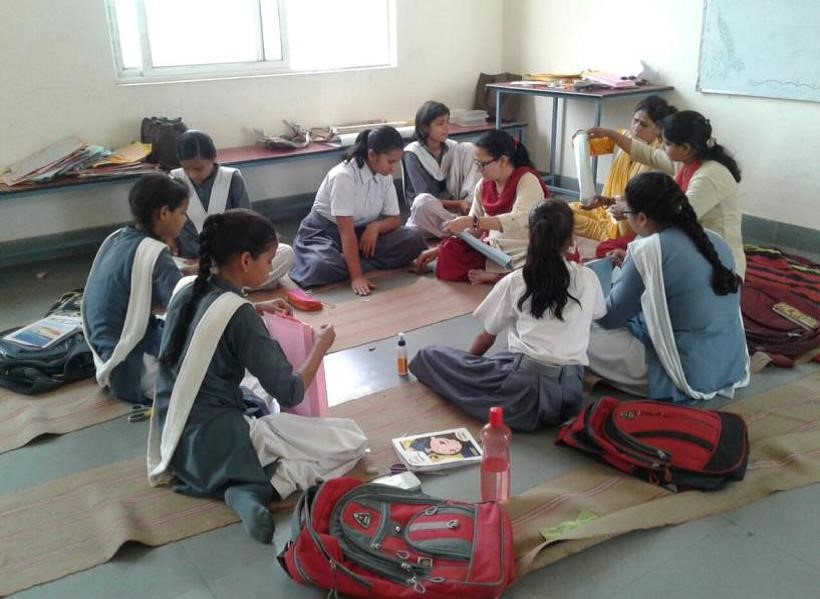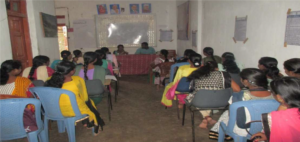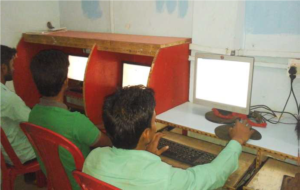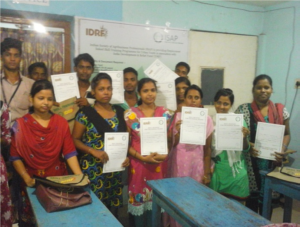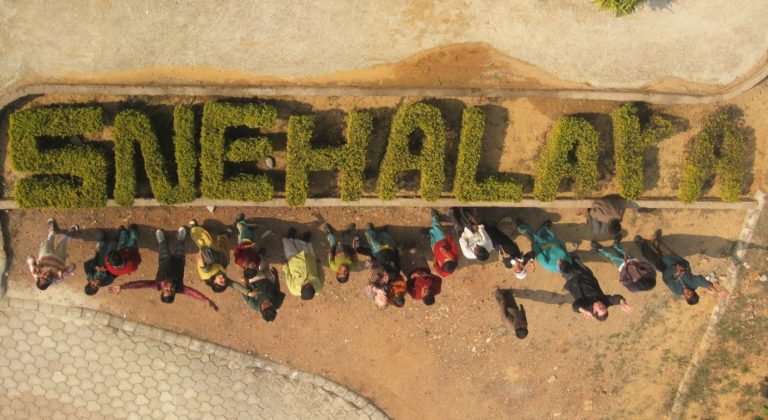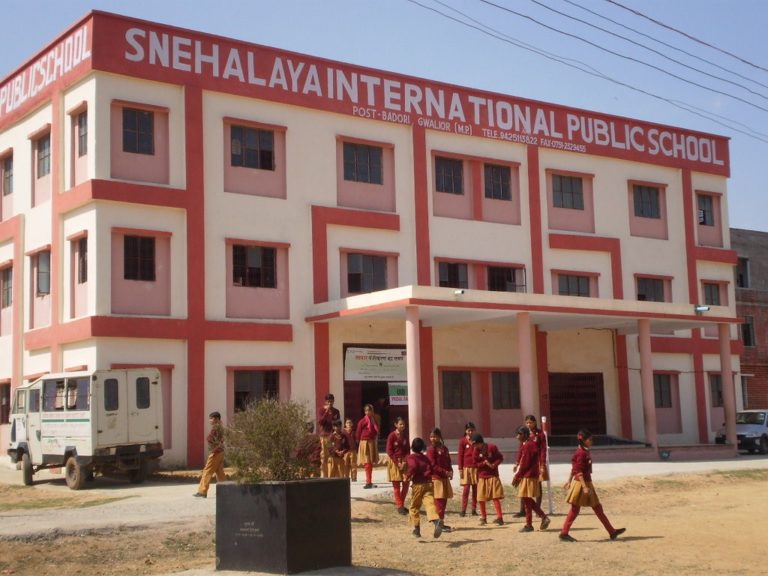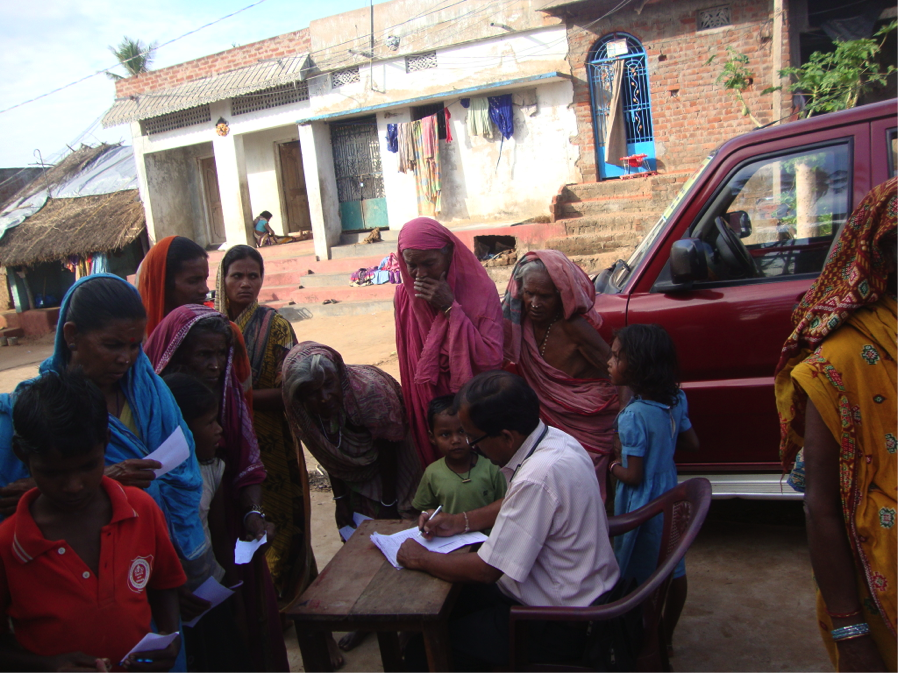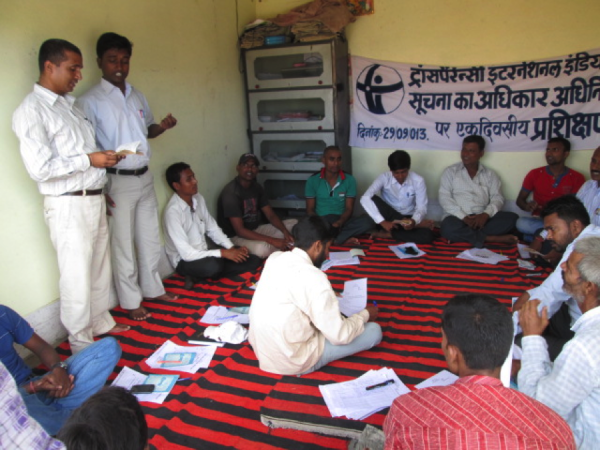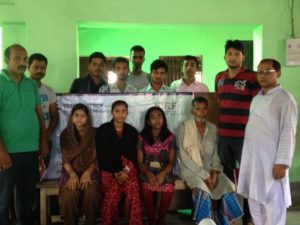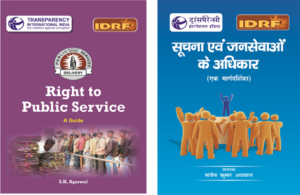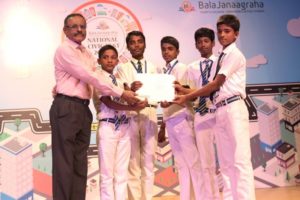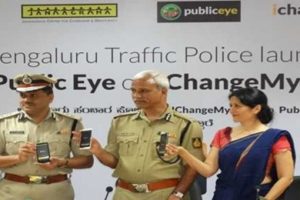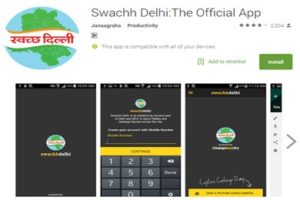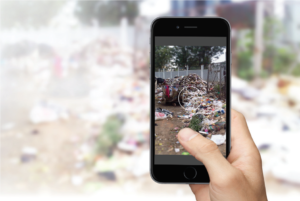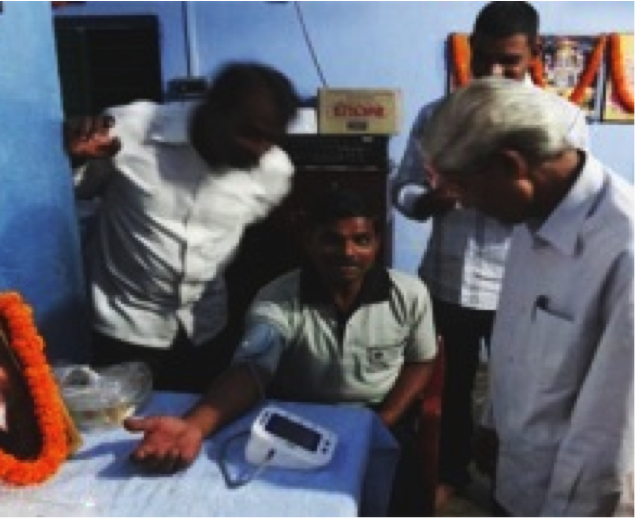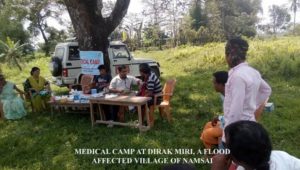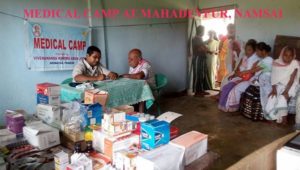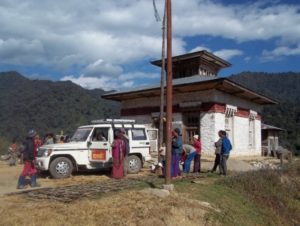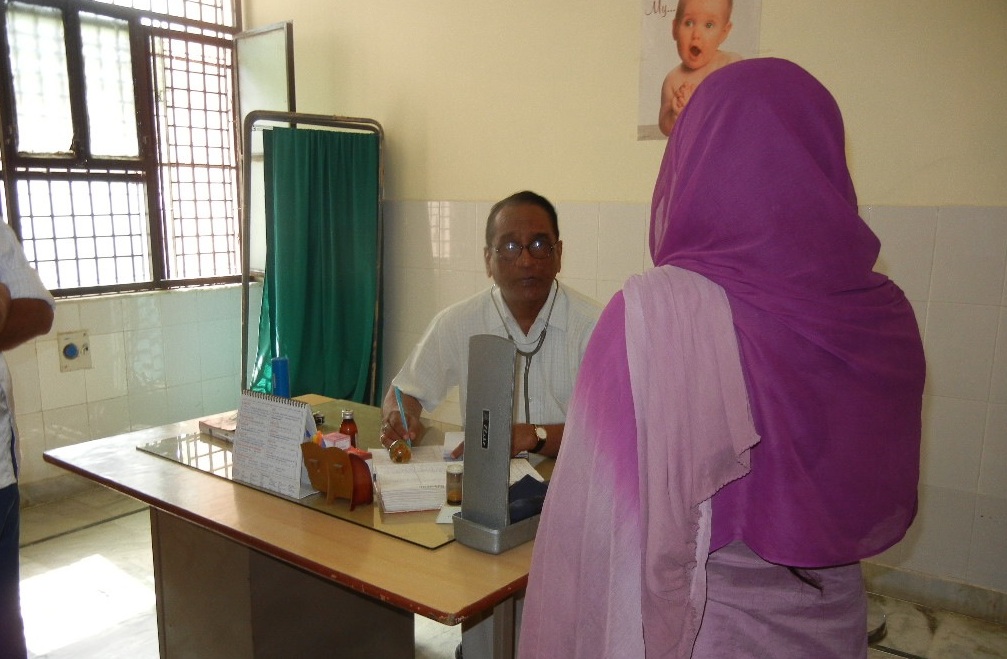NGO: Kusum Goel Dr. Santosh Saraswati Vidya Mandir
A team of dedicated professionals has developed a National System of Education which helps in building a generation of young men and women infused with patriotism, physical, mental, and spiritual development and capable of successfully facing challenges of life. These youth will contribute towards building a harmonious, prosperous, and culturally rich Nation.
IDRF partner since: 2018
- Focus Area: Education
- Location: Uttar Pradesh
- Project Title: Funding request for a school for rural children (especially girls)
- Details: In 2018, a team of professionals started a school at a village Kanauja in Ghaziabad, about 25 km north of New Delhi. This new school spans over four floors and 16 classrooms. A team of 25 members works at the school and about 500 children are enrolled from nearby rural areas. The school is not-for-profit and provides quality and affordable education to children from economically weaker families and who are likely to drop out of school for lack of finances or facilities. The school is funded by donations from individuals and does not get any financial assistance from the government. The school is governed by Vidhya Bharati Akhil Bhartiya Shiksha Sansthan. To achieve the goal of providing quality education to rural children, the school needs to create more facilities such as smart classrooms, improved computer lab, activity rooms, security, and CCTV system, and a sports complex. Donations are being sought to provide facilities at the school as well as to meet the annual educational and other essential expenses of the students. Besides academics, the students are also engaged in vocational training, field trips, cleanliness drives, environmental camps, and evening coaching classes to help with the homework, etc. To encourage the children to attend school, they are also given toys, books, and other school supplies. Dedicated school teachers regularly visit the children at home to meet up with their parents and get them to be involved in their child’s education. At present, the school has limited facilities and has initiated Phase-II of their building construction. A block of four floors with a covered area of 1,400 sq. meters will be added for which there is a dire need of funds.
Please contact admin@idrf.org for more details.
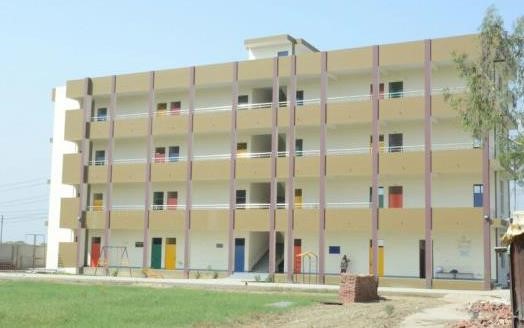
SKKS Saraswati Vidya Mandir School in village Kanauja, Uttar Pradesh
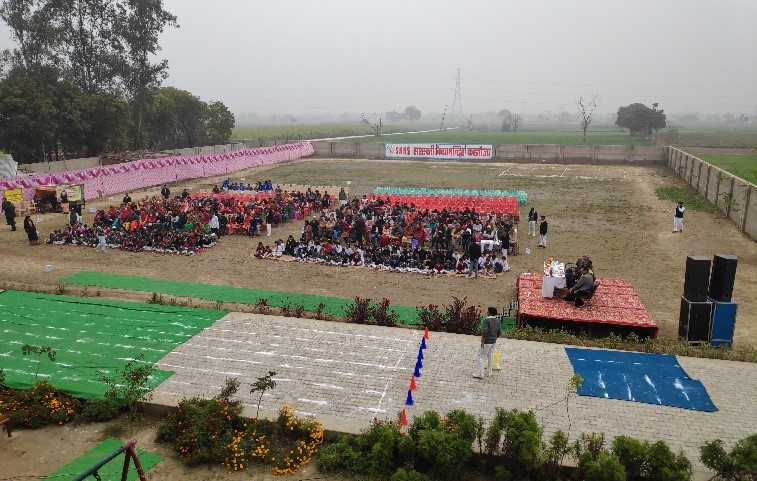
Annual Sports Day 2019
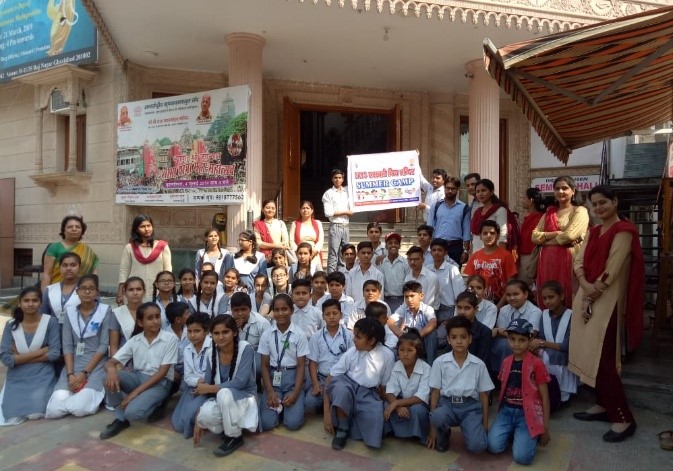
Summer Camp
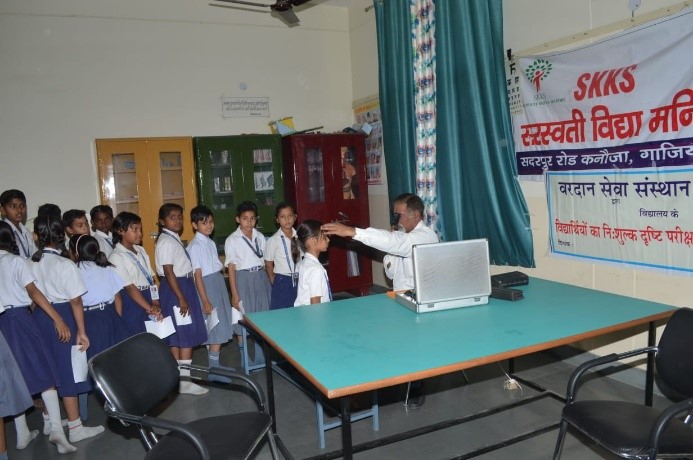
Eye exam for the students
